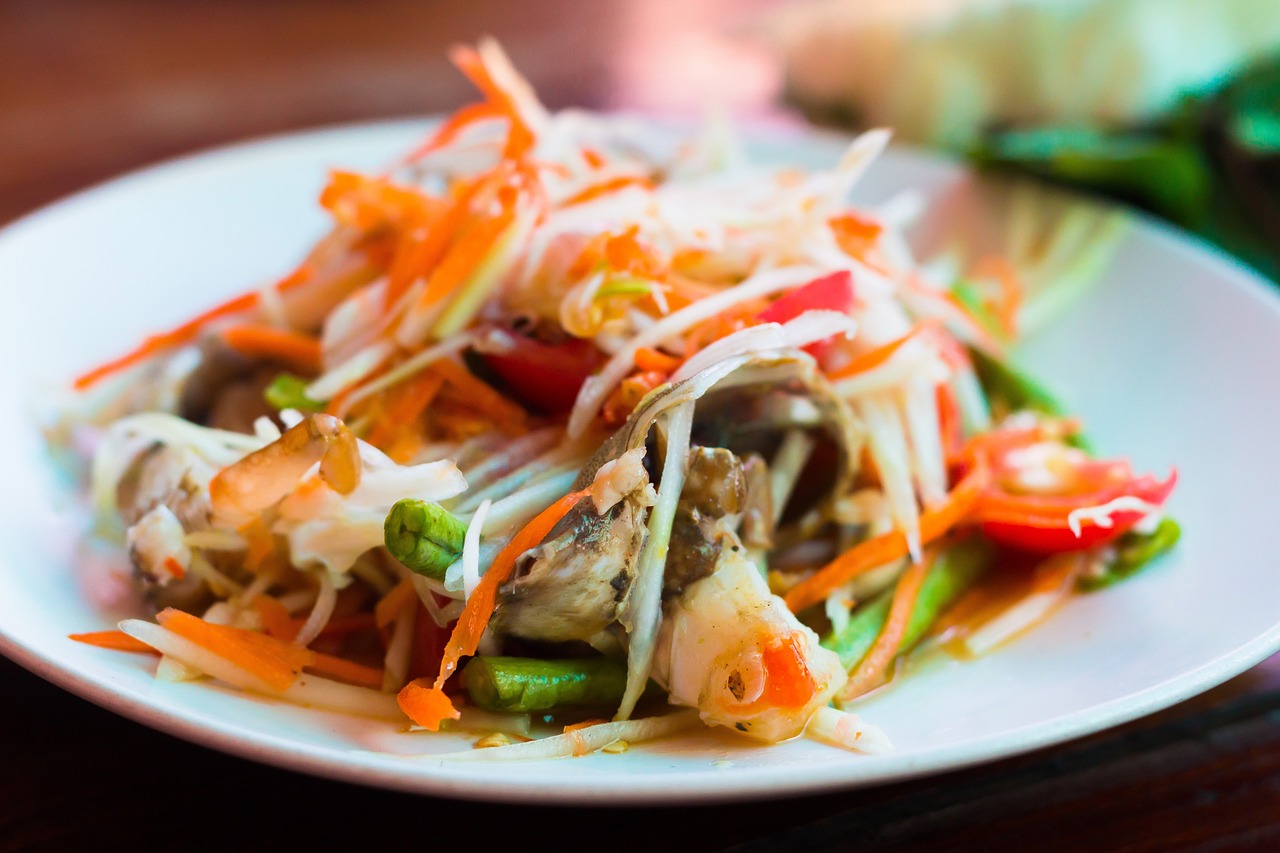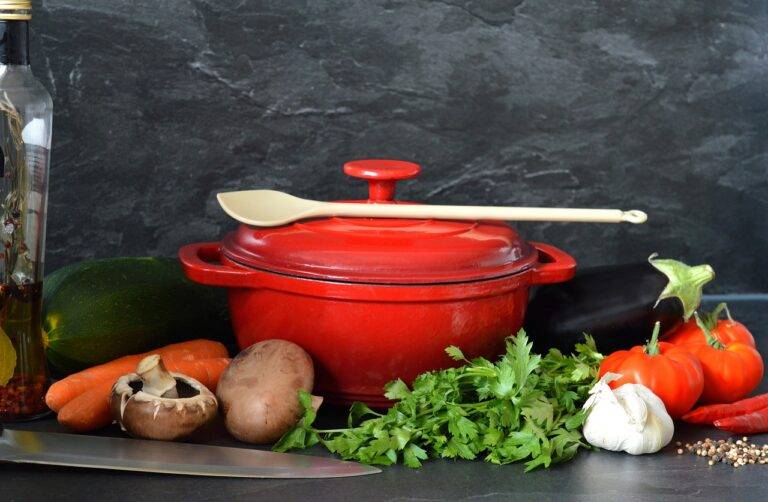The Science of Food Preservation: Chemical vs. Natural Methods
Chemical food preservation is a widely-used method in the food industry due to its ability to effectively extend the shelf life of various food products. By inhibiting the growth of harmful bacteria and mold, these chemical preservatives help prevent food spoilage and maintain the quality of the food for a longer period. This leads to less food waste and allows for greater distribution of perishable items, ultimately benefiting both consumers and producers.
Furthermore, chemical food preservation plays a crucial role in enhancing food safety by minimizing the risk of foodborne illnesses. The use of preservatives such as antioxidants and antimicrobials helps control the growth of pathogens and ensure that the food remains safe for consumption. This is particularly important in the global food supply chain, where maintaining food safety standards is essential to safeguarding public health and preventing food-related outbreaks.
Drawbacks of Chemical Food Preservation
Chemical food preservation has been a common practice in the food industry to extend the shelf life of products. However, it comes with its drawbacks. One major concern is the potential health risks associated with consuming foods containing chemical preservatives. Some preservatives have been linked to adverse effects on health, including allergic reactions and potential carcinogenic properties.
Moreover, the use of chemical preservatives can impact the flavor and nutritional value of foods. These additives can alter the taste and aroma of products, leading to a less enjoyable eating experience for consumers. Additionally, the overreliance on chemical preservatives may result in a decrease in the nutritional content of foods, as essential vitamins and minerals may be lost during the preservation process.
What are some benefits of chemical food preservation?
Some benefits of chemical food preservation include prolonging the shelf life of food, preventing spoilage, and reducing the growth of harmful bacteria.
What are some drawbacks of chemical food preservation?
Some drawbacks of chemical food preservation include potential health risks from consuming preservatives, the loss of nutritional value in food, and the environmental impact of chemical additives.
Are there any alternatives to chemical food preservation methods?
Yes, there are alternatives to chemical food preservation methods such as freezing, drying, canning, and fermenting food.
How can consumers reduce their intake of chemically preserved foods?
Consumers can reduce their intake of chemically preserved foods by opting for fresh, whole foods, reading food labels carefully, and choosing products with minimal preservatives.





